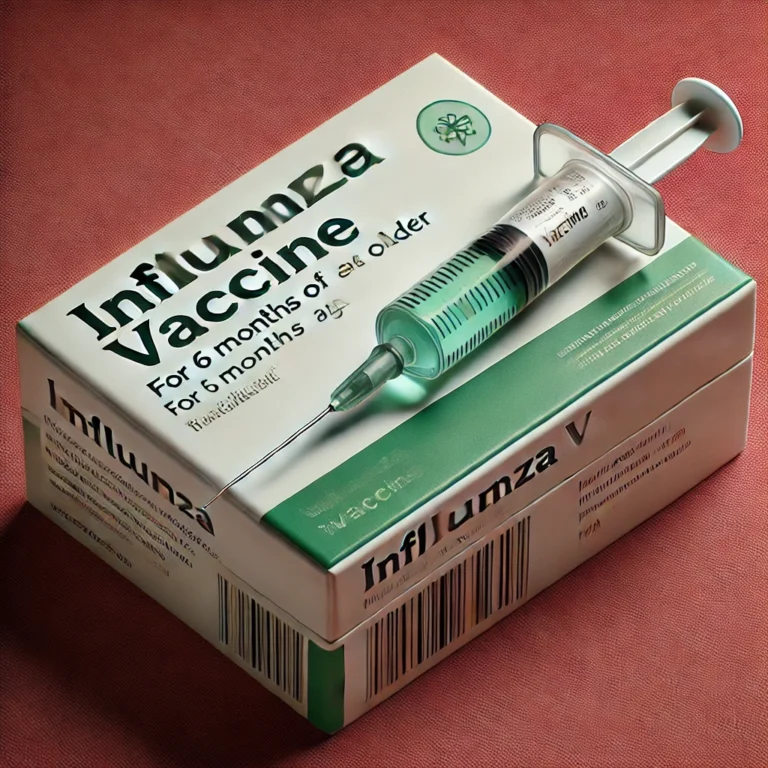In today’s digital era, the importance of safeguarding personal data has never been more crucial. Unfortunately, even the most reputable organizations can fall victim to data breaches. One such incident occurred at HCA Healthcare, where an unauthorized party gained access to patient data online. In this article, we shed light on the HCA Healthcare patient data breach, examining its implications and offering insights into ensuring online security.
Understanding the HCA Healthcare Patient Data Breach:
The HCA Healthcare patient data breach involved an unauthorized party gaining access to sensitive information stored by the healthcare provider. This incident raises concerns about the potential misuse of patient data, including personal and medical records. Such breaches not only compromise the privacy and security of individuals but also erode trust in healthcare systems.
Implications of the Breach:
The implications of the HCA Healthcare patient data breach are far-reaching. Patients affected by the breach may face various risks, such as identity theft, fraudulent medical billing, and even potential harm to their overall well-being. Moreover, HCA Healthcare itself may suffer reputational damage and legal consequences, emphasizing the urgency of addressing and preventing such breaches.
Importance of Online Security:
The HCA Healthcare breach serves as a reminder of the criticality of online security for healthcare organizations and individuals. With technology playing an ever-increasing role in the healthcare industry, it is vital to implement robust security measures to protect patient data. By investing in secure infrastructure, encrypted communication channels, and comprehensive employee training, healthcare providers can significantly mitigate the risk of data breaches.
Steps to Safeguard Patient Data:
To enhance data security, both healthcare organizations and individuals should take proactive steps. Here are some recommended measures:
Implement robust security protocols: Healthcare providers should adopt strict access controls, strong encryption methods, and multi-factor authentication to safeguard patient data.
Conduct regular security assessments: Regular security assessments and audits can identify vulnerabilities and address them promptly, minimizing the risk of breaches.
Educate employees: Healthcare organizations should train their staff on best practices for data security, emphasizing the importance of maintaining confidentiality and recognizing potential threats.
Raise awareness among patients: Individuals must be educated about the significance of protecting their personal information. Patients should be encouraged to practice strong password hygiene, avoid sharing sensitive data unnecessarily, and be cautious of suspicious online activities.
Stay updated with compliance requirements: Healthcare providers must remain current with industry regulations, such as HIPAA (Health Insurance Portability and Accountability Act), to ensure compliance and maintain data privacy standards.
Conclusion:
The HCA Healthcare patient data breach serves as a sobering reminder of the critical need to prioritize online security in the healthcare industry. By implementing robust security measures, conducting regular assessments, and educating both employees and patients, organizations can fortify their defenses against unauthorized access and protect patient data. The collective effort to enhance data privacy will not only safeguard individuals but also foster trust and confidence in the healthcare system as a whole.












